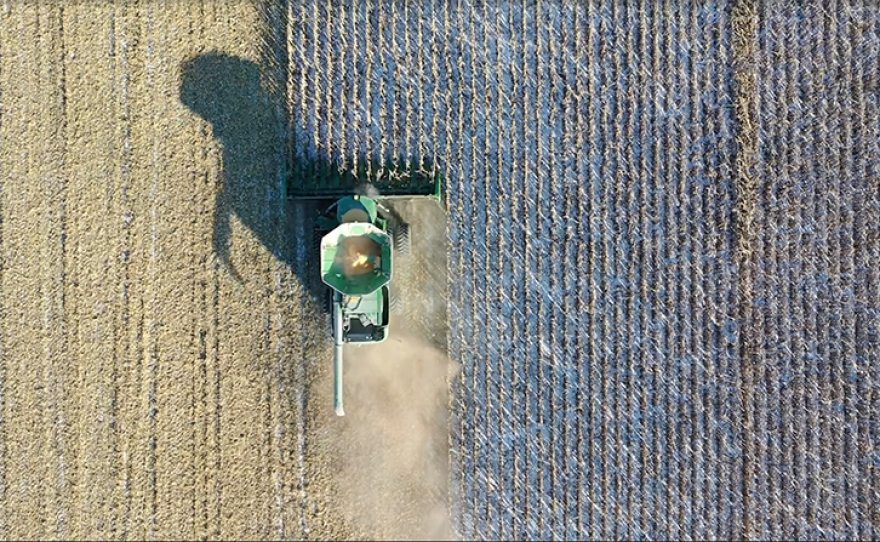Energy is revealed as the underlying force that shaped our modern world in POWER TRIP: THE STORY OF ENERGY.
The new six-part series explores humanity's most important resource by revealing the hidden energy embedded in our WATER, FOOD, TRANSPORTATION, WEALTH, CITIES, and WAR. Each episode begins with energy's end use — for example our modern cities — but then reveals the “hidden” energy that was crucial to developing this vast, complex system.
There is energy embedded in our buildings, lighting, and streets. But also, our water, food, transportation, wealth, cities, and even our security all depend on access to energy, and how that energy is managed or mismanaged can explain the rise or collapse of civilizations.
Shot in dazzling locations around the world, the first episode, WATER, investigates the rise of ancient civilizations due to their harnessing of water. In the ancient middle east, water was difficult to access, and massive aqueducts were constructed to bring pure mountain water from its source high in the mountains down to villages and farms.
Later, the power of flowing water was harnessed and converted to mechanical energy, and in Europe cities often grew around rivers. After the industrial revolution, electricity was added to the equation and the twin forces of water and energy combined to build our modern world. In the developed world, water and energy are now inextricably linked.
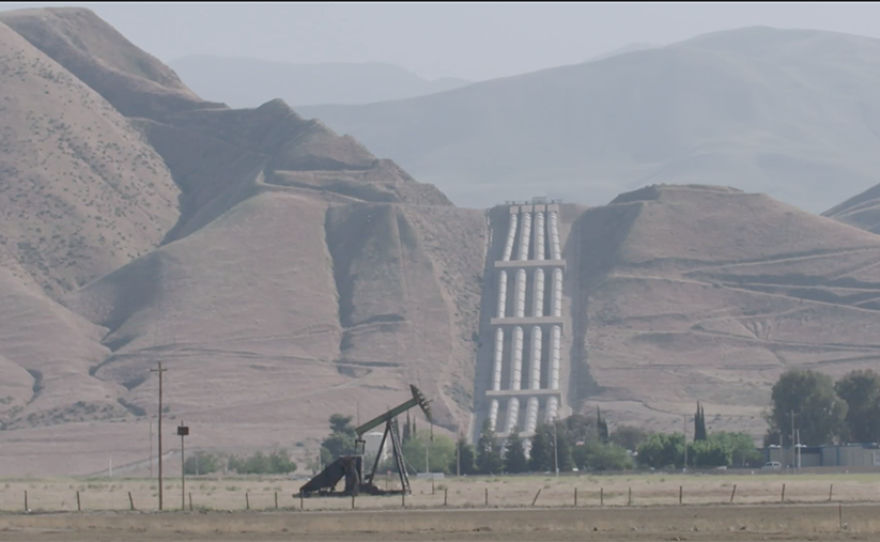
These surprising links between water and energy are introduced in WATER as the foundation, and energy sources grow more complex in future episodes FOOD, TRANSPORTATION, WEALTH, CITIES, and WAR.
The series aims to deepen our understanding of these issues and inspire us all to take action to avoid the downsides of energy like pollution and climate change.
“Our goal is to help people understand how the modern world as we know it would not exist without energy,” said Michael E. Webber, author of the book on which the series was based. “Energy is humanity's single most important resource. In 2020, as we face down growing demand for and accumulating environmental impacts from energy, we are at a crossroads and the stakes are high. But history shows us that energy's great value is that it allows societies to reinvent themselves. I’m optimistic that we can avoid a future crisis if we make the right choices.”
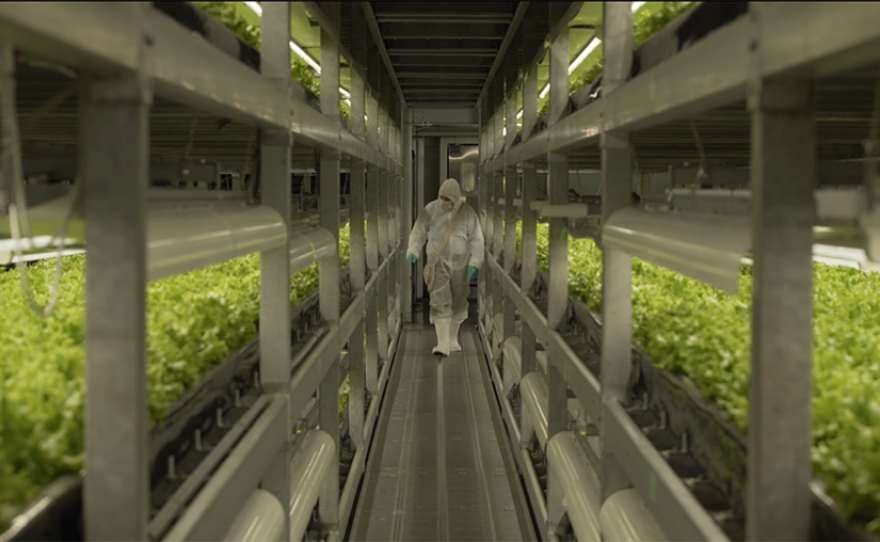
Hear from notable experts like Ernest Moniz, former Secretary of Energy of the United States; Dr. Michael E. Webber, author and professor; and Author Vijaya Nagarajan.
The series provides viewers with historical context, a global perspective, and an optimistic view of the future for energy. It reveals that each kind of energy has trade-offs. From whale oil to steam, coal, petroleum, solar and nuclear, society has constantly reinvented itself as the forms of energy change.
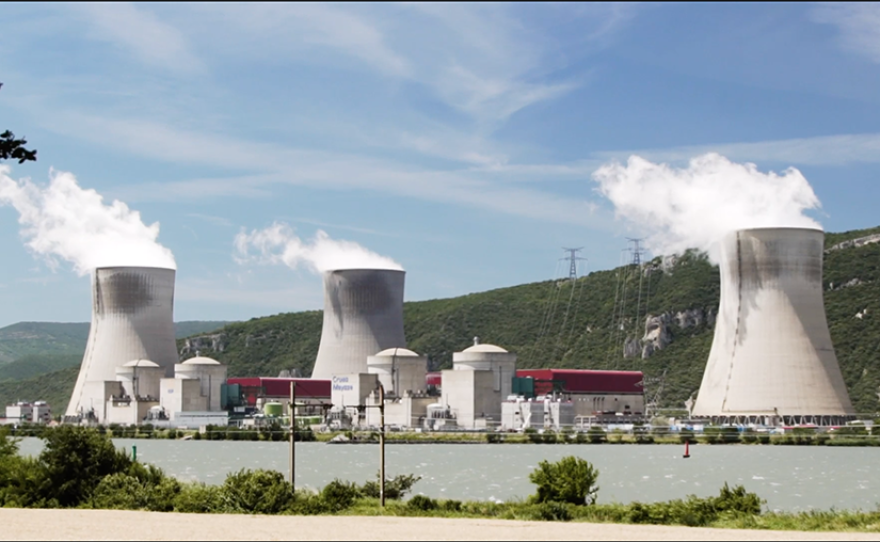
EPISODE GUIDE:
Episode 1: “Water” airs Wednesday, July 15 at 10 p.m. on KPBS TV + Sunday, July 19 at 10 p.m. & Monday, July 20 at 7 p.m. on KPBS 2 - Journey back in time and across the world to learn the history of energy and water. Today, water and energy are interconnected, for better or worse, but how can we make energy less "thirsty" and water less energy intensive?
Episode 2: “Food” airs Wednesday, July 22 at 10 p.m. on KPBS TV + Sunday, July 26 at 10 p.m. & Monday, July 27 at 7 p.m. on KPBS 2 - Discover how much energy it takes to bring us our food. Energy enables a stable supply in the global food system, but it's not without waste. How do we harness energy to feed a growing population without the downsides of industrialization?
Episode 3: “Transportation” airs Wednesday, July 29 at 10 p.m. on KPBS TV + Sunday, Aug. 2 at 10 p.m. & Monday, Aug. 3 at 7 p.m. on KPBS 2 - Travel across the centuries to discover the energy that brings us modern transportation. Machines help us travel over land and across the sky, changing societies and our sense of place, but they require an enormous amount of energy.
Episode 4: “Wealth” airs Wednesday, Aug. 5 at 10 p.m. on KPBS TV + Sunday, Aug. 9 at 10 p.m. & Monday, Aug. 10 at 7 p.m. on KPBS 2 - Learn how energy changes the way wealth is concentrated in the modern world. Wealth was once tied to land ownership, but today, it is tied to energy and who controls it, creating a cascade of social and economic effects.
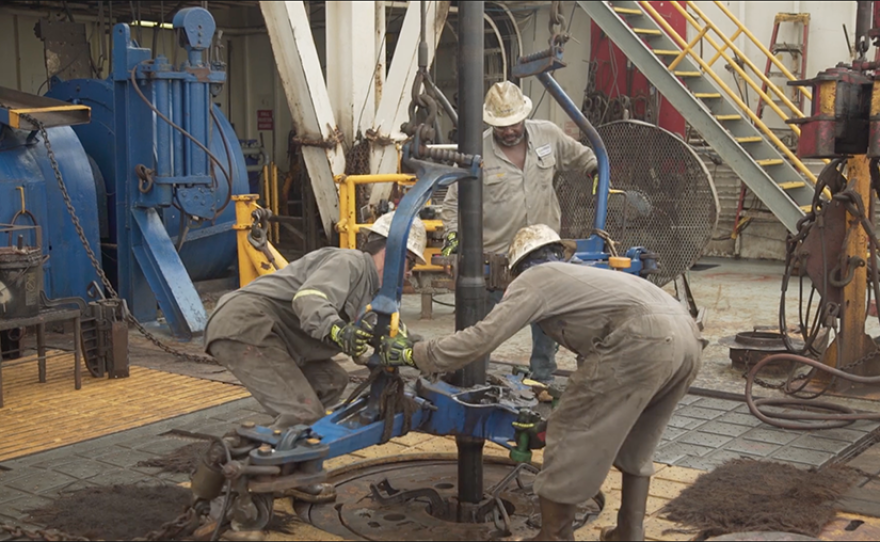
Episode 5: “Cities” airs Wednesday, Aug. 12 at 10 p.m. on KPBS TV + Sunday, Aug. 16 at 10 p.m. & Monday, Aug. 17 at 7 p.m. on KPBS 2 - See just how cities consume 40 percent of U.S. energy. Cities shape our relationship with the natural and built environment, and the futures of both cities and energy are closely connected.
Episode 6: “War” airs Wednesday, Aug. 19 at 10 p.m. on KPBS TV + Sunday, Aug. 23 at 10 p.m. & Monday, Aug. 24 at 7 p.m. on KPBS 2 - Discover how energy, depending on how it's used, can lead to either peace or conflict. Energy can be both the cause and the instrument of modern war, and advances in energy have historically arisen during the urgency of wartime.
Watch On Your Schedule:
With the PBS Video App, you can stream your favorite and local station shows. Download it for free on your favorite device. The app allows you to catch up on recent episodes and discover award-winning shows.
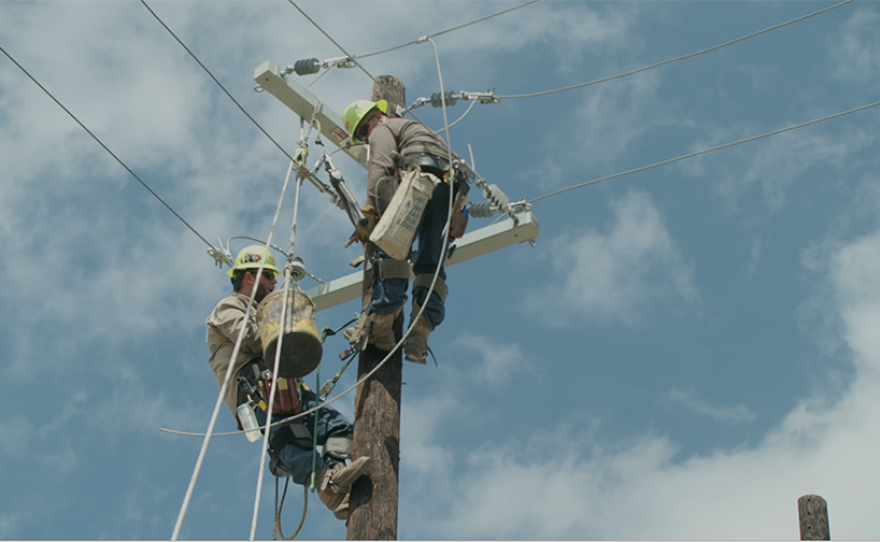
Join The Conversation:
PBS is on Facebook and Instagram. Follow @PBS on Twitter.
Credits:
Produced by Alpheus Media, based on the book by Dr. Michael E. Webber. The six-hour series has been underwritten by William and Judith Bollinger, the University of Texas at Austin, the Alfred P. Sloan Foundation, Itron, Inc., the William and Flora Hewlett Foundation, the Rockefeller Foundation, the BQuest Foundation, the Cynthia and George Mitchell Foundation, with additional support from the Julis Rabinowitz Family, the Winkler Family Foundation, the Tiller Family Foundation, Pritzker Innovation Fund, and Arena Energy.

